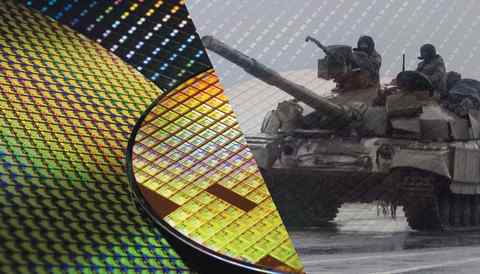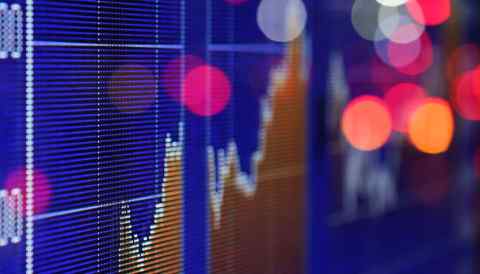
Nikkei Asia has won a top international business reporting prize run by the U.S. National Press Foundation.
Coverage by Cheng Ting-Fang, Lauly Li and Kim Jaewon took the Hinrich Foundation Award for Distinguished Reporting on Trade for three articles that exposed disruption to global technology supply chains.
The Hinrich prize, now in its fourth year, offers $10,000 and participation in the National Press Foundation's annual awards ceremony in Washington, D.C., in February.
It recognizes "exemplary journalism that illuminates and advances the public's understanding of international business and trade." The previous winners of the award were teams from The Wall Street Journal, The Washington Post and The Associated Press.
The 2022 award announcement on Tuesday said Nikkei Asia's Cheng and Li showed how the pandemic, war and great power strife upended global supply chains.
National Press Foundation judges hailed Nikkei Asia's coverage as "fascinating." They praised the detailed infographics, prepared by the publication's visual team, as adding significant value to a complicated story.
Cheng and Li are Nikkei Asia staff writers based in Taiwan, while Kim is based in South Korea.
In the first winning piece, published in December 2021, Cheng and Li used the iPhone 13 to tell the story of the supply chain problems that tech companies endured from interlocking international crises of pandemic, political tensions and war.
The reporters made a forensic examination of the origins of the Apple device's components. They showed how the seeds of trouble were sown before COVID-19, as Chinese tech companies began stockpiling chips in response to U.S. sanctions imposed on the sector.
A second article by Cheng and Li from July highlighted the "resilience myth": the flawed assumptions behind U.S. and European rhetoric about bringing supply chains onshore. The pair showed how webs of interdependence mean the popular notion of tech decoupling between Western nations and China is, for now, impossible.
The third piece, by Cheng, Li and Kim, highlighted how Russia's invasion of Ukraine jeopardized the supply of industrial gases essential to semiconductor production. The article was published less than 36 hours after Moscow launched its Feb. 24 offensive almost 8,000 kilometers from Taipei.








